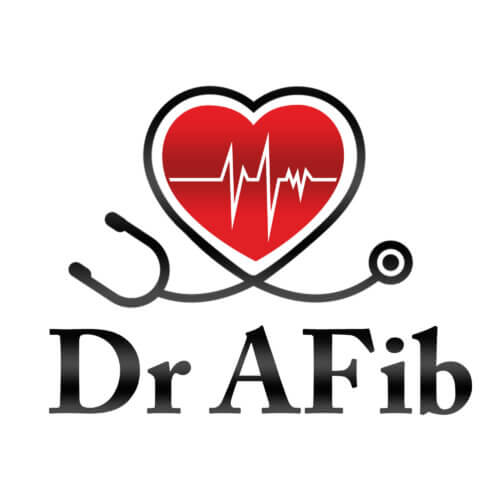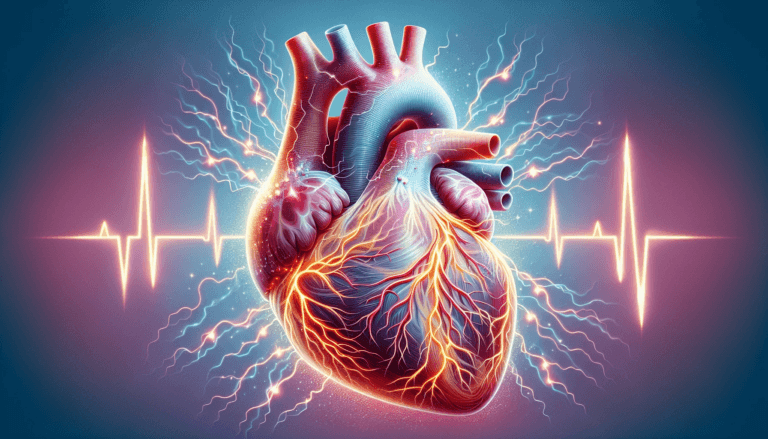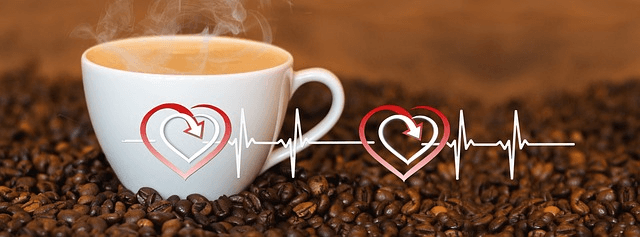Fitbit AFib Wearable Technology: Monitor Your Heart Health. Peace of mind with an affordable solution.
Discover the latest AFib detection technology by FitBit, a leading brand in wearable devices. With the integration of advanced heart rate sensors and AI capabilities, this innovative feature empowers users to effortlessly monitor their heart health and AFib. Stay informed and take control of your well-being with FitBit’s affordable and user-friendly solution.










